Are Green Kitchens Timeless or Trendy? According to Designers, It All Depends on the Shade
Designers weigh in on whether or not the color green is simply a passing trend in our kitchens, and how to make it an enduring choice
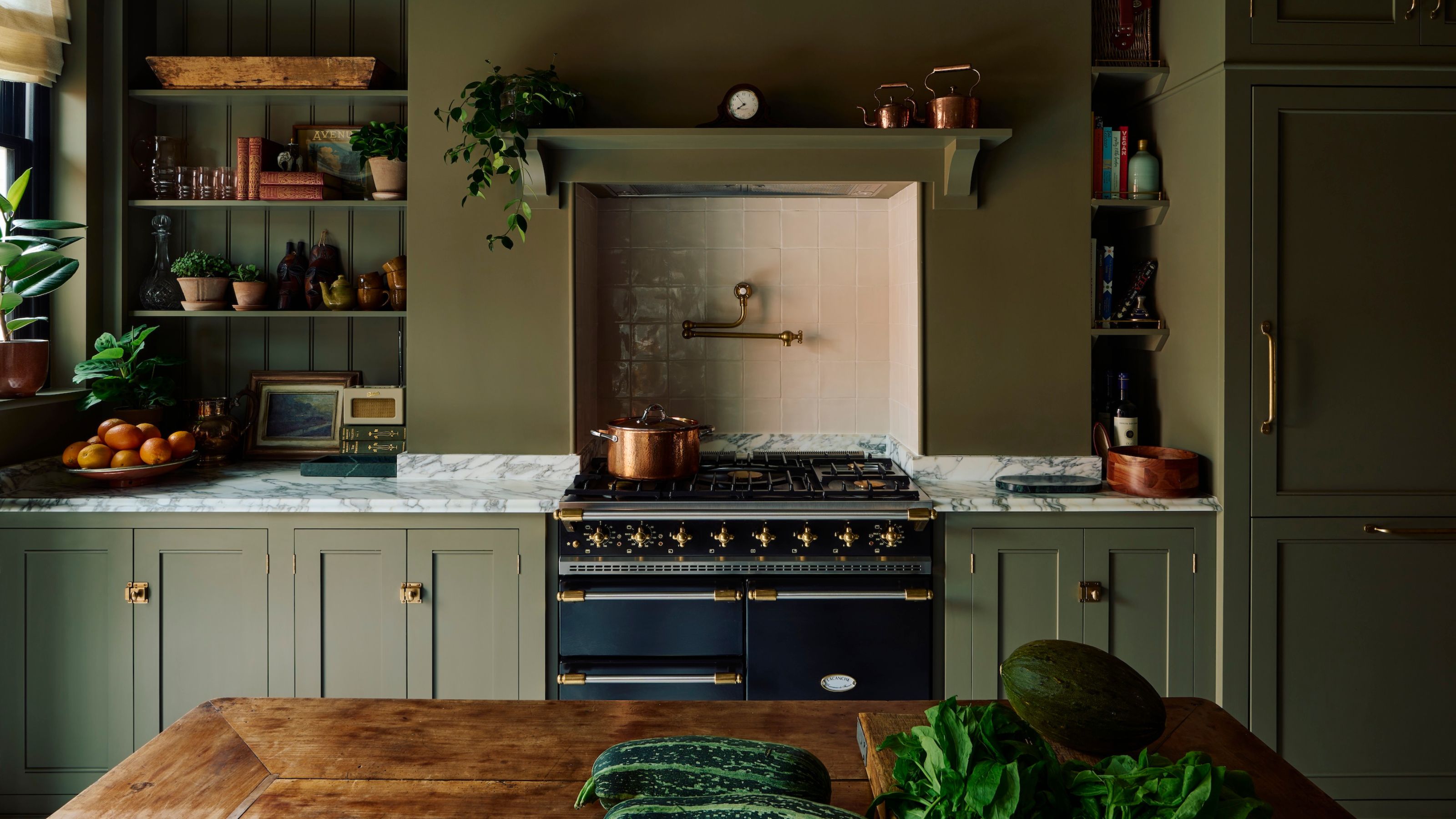

Whether it’s the darkest emerald hue, a tranquil sage, or a dashing shade of olive, green is the color of nature and a solid choice to include in the home. It’s versatile while bringing a connection to the outdoors, and is very much approved in the kitchen industry.
They might be popular right now, but the big question is: Are green kitchens timeless, or will they be outdated before long? “We are seeing a lot of interest in green kitchens and a wide array of choices," says Paul Kropp, co-founder at Bakes & Kropp. "From deep forest green that gives a very proper look, to light pastel green for more of an airy feel, it's a truly versatile color."
After consulting the experts, it's fair to say that green kitchen ideas can be both timeless and trendy — it really depends on what shade you pick for your kitchen. Greens such as lime, aqua, mint, teal, and jade fall more on the trends side (whether they're in fashion right now or not is another question). However, if you're looking for a truly timeless green color for your kitchen, the interior designers we asked suggested these five shades.
1. Sage Green
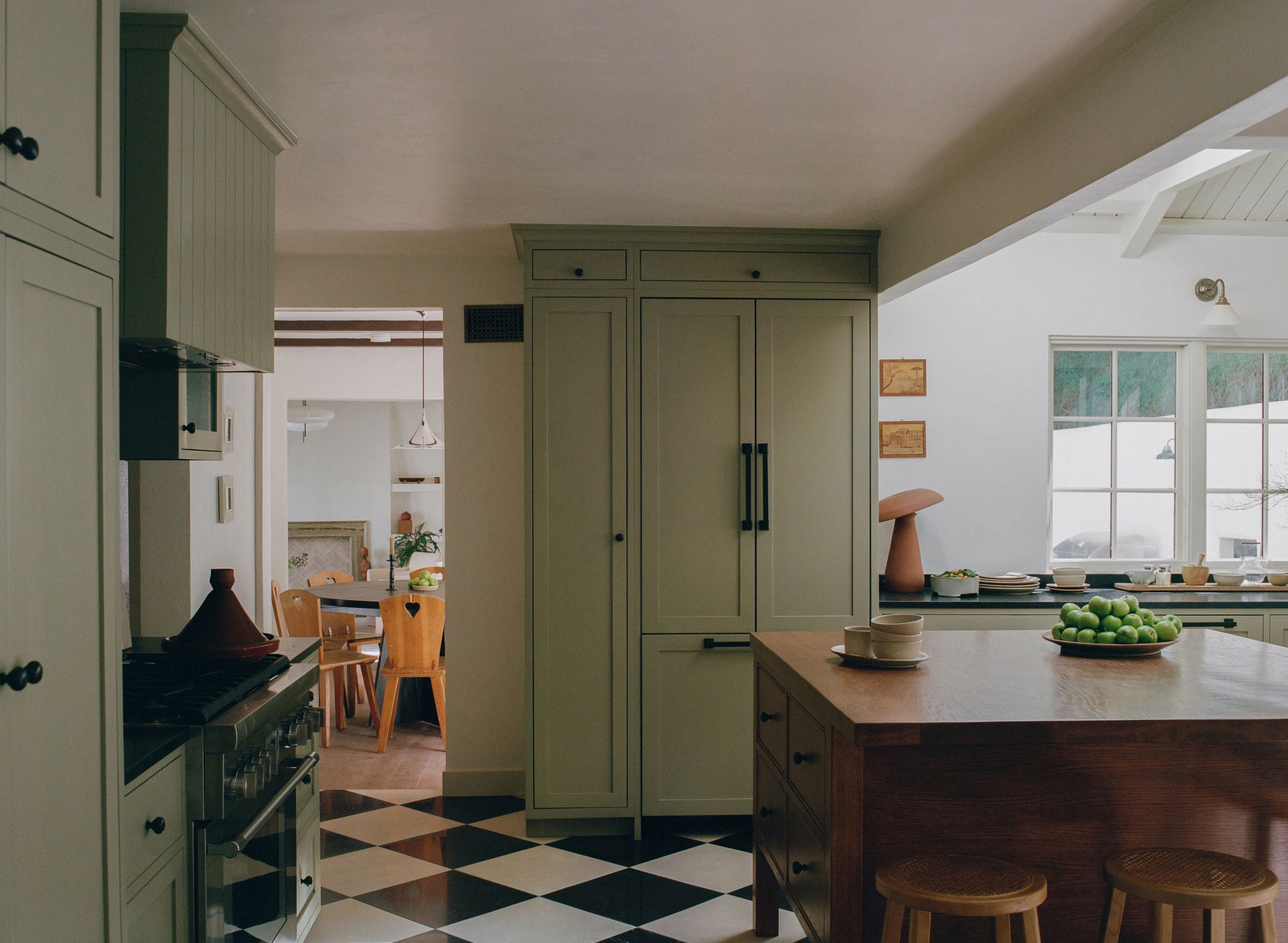
Perhaps the most timeless of all greens, sage green kitchens present a soft, comfortable, and homely quality that reads almost as a neutral and is often classed as one. "Sage adds depth without overwhelming the room, and is often associated with wellness and tranquility; qualities that every homeowner seeks,” reminds Barbara Vargas, North East product specialist at Nobilia North America.
“Its gentle presence complements many elements, such as light woods, brass fixtures, and stone countertops, creating a relaxed yet sophisticated feel,” adds interior designer Nina Lichtenstein. Being such an easy-going and versatile hue, “Sage green has been used in kitchens for decades and shows no sign of fading, making it an ideal choice for a timeless aesthetic,” she adds.
2. Olive Green
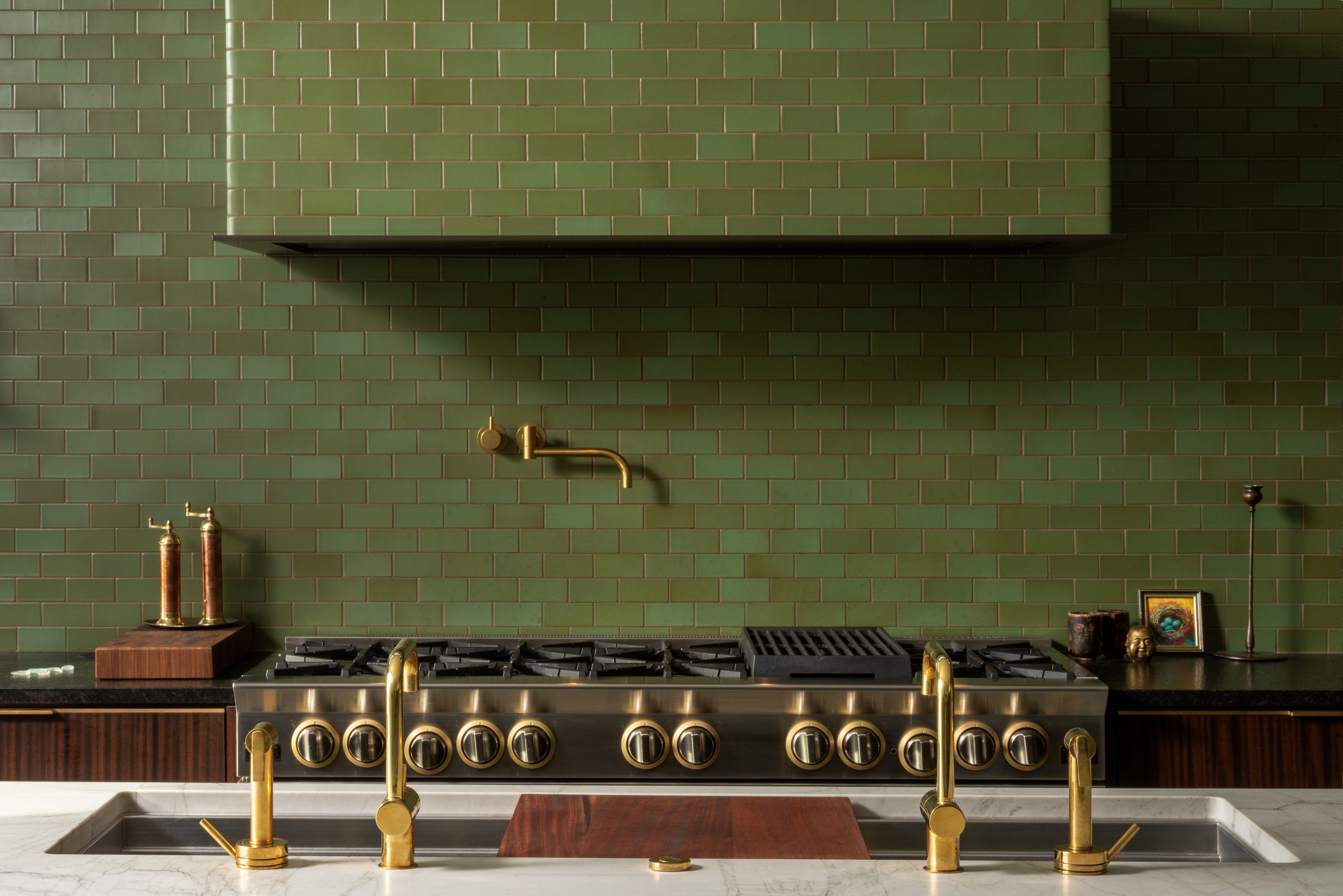
Slightly deeper than sage, olive green kitchen cabinets have a warming undertone offering more of a traditional, rustic feel. Nina suggests, “It’s a color that works well in a farmhouse or Mediterranean-inspired kitchens,” perfect alongside dark woods, terracotta finishes, and rich brass details, and can be quite striking if lit with a warm glow of light.
Olive is timeless in its subtlety but can feel a bit specific in terms of style. “It’s a wise choice for those looking for warmth and character without the risk of feeling too trendy,” Nina adds.
This is my personal favorite and features a lot in my own home. For this time of year, I embrace the change of season and style it cozily with dark woods, burnt oranges, and soft neutrals, the open fire adds a true ambiance.
3. Forest Green
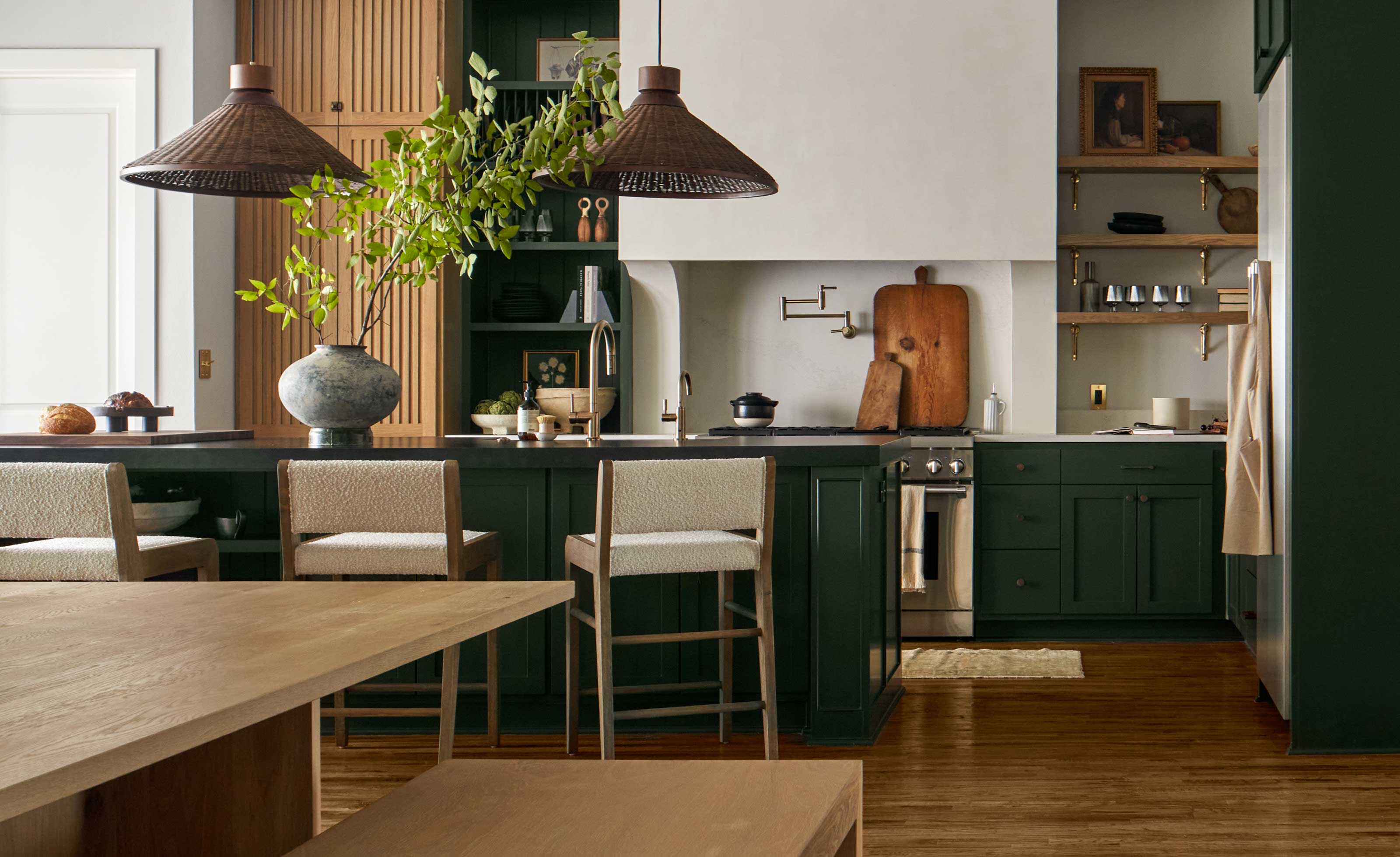
Rich and saturated, forest green exudes a stately charm. It’s a bold yet grounding color that works especially well in larger kitchens or those with ample natural light. “When paired with darker woods, such as walnut, and luxurious materials like marble, forest green can create a sense of enduring elegance,” suggests Nina.
This moody shade may be more of a statement than something like sage, but it retains a timeless quality thanks to its connection to nature and its historical reference. It's still nearly neutral, so plenty of colors go with forest green.
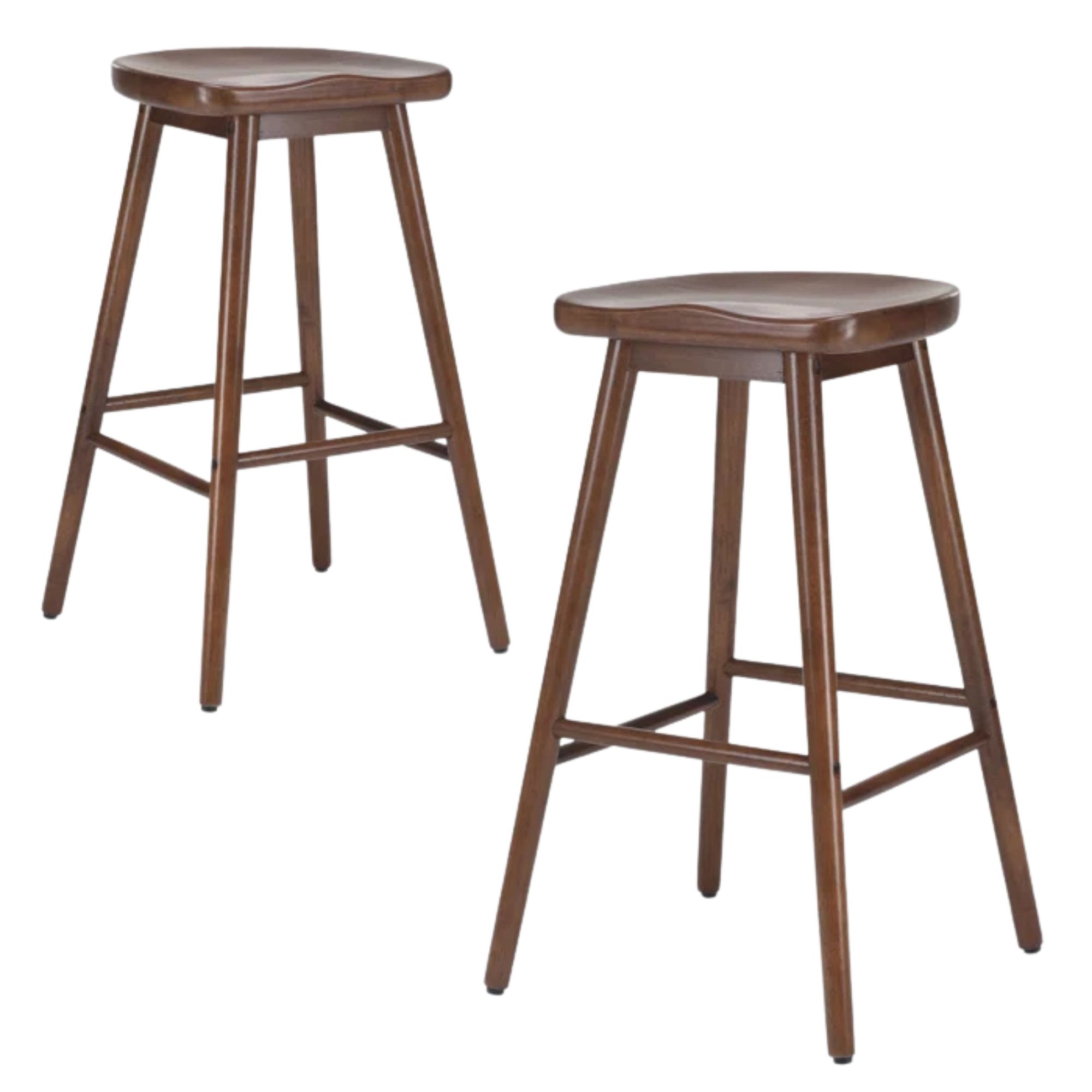
Price: $129.99/set of 2
Complement a forest green kitchen with similar dark wood backless counter stools, like this walnut style from Wayfair.
4. Emerald Green
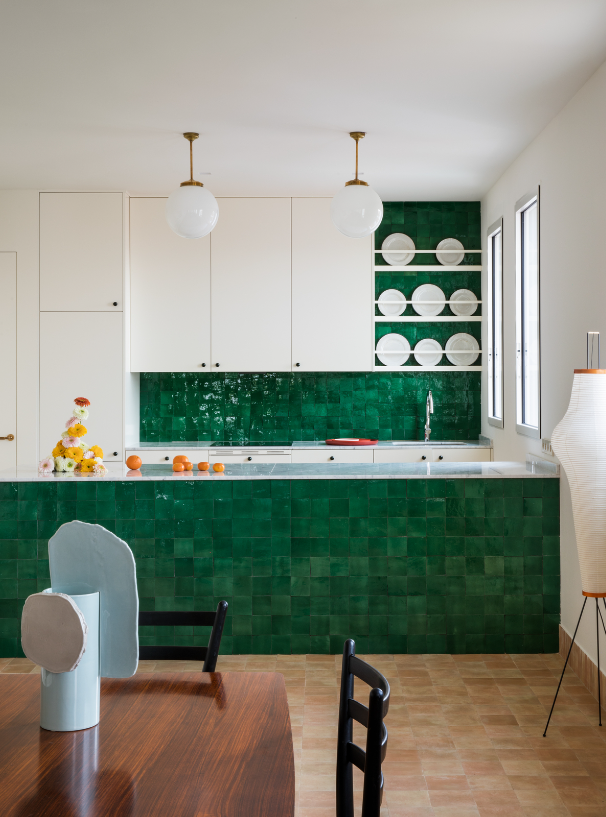
This vibrant shade of green has seen a resurgence recently in green color trends, especially in modern and eclectic kitchens where individual style is everything.
“Emerald can feel trendy due to its intense color, however, when used judiciously —such as in a small accent wall, a kitchen backsplash, or island cabinetry — it can add a striking yet refined touch without overwhelming the space,” explains Nina.
Another thing is, as it’s still green, it’s more forgiving as a bold statement, so perhaps a little more accepted in a traditional home and seen simply as a modern twist. Perry Walter, founder of Walter Studio Interior Design agrees, adding that “A vibrant green hue can add a playful and youthful touch to your space, complementing other design elements in your home.”
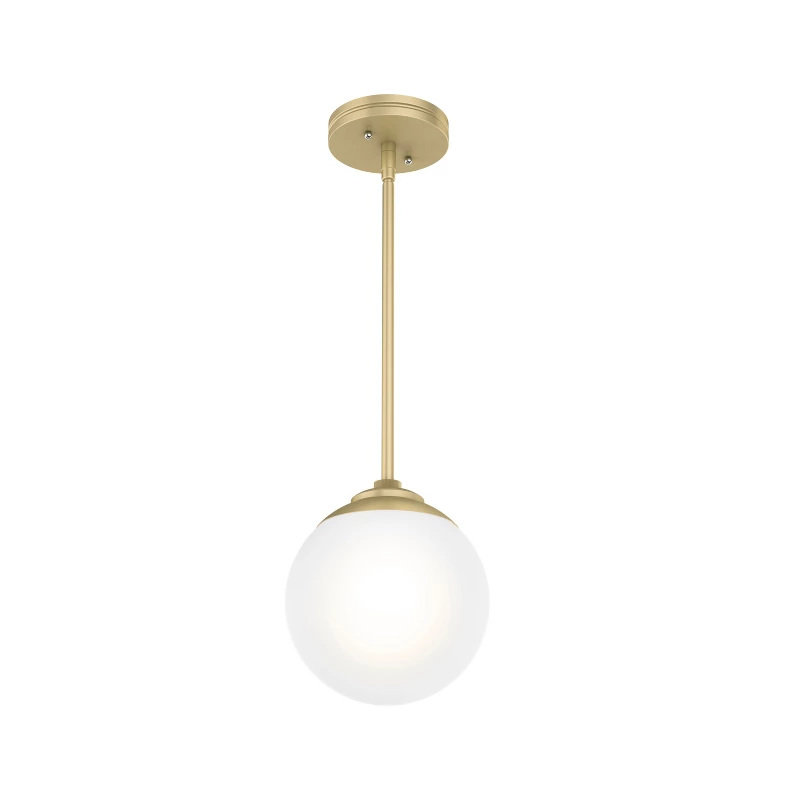
Price: $119.99
Get the look of this kitchen with these white and brass finished pendants — the perfect contrast to the vibrancy of emerald green.
5. Gray-Green

A well-executed gray-green kitchen, like this one featuring Sherwin-Williams Evergreen Fog paired with an off-white tile backsplash and neutral kitchen countertops, creates a serene and timeless atmosphere.
“By carefully balancing the level of green with complementary colors like blush and clay, you can achieve a sophisticated and enduring design,” says Perry.
It’s light and subtle, much like a neutral on its own. I can see this color working in both modern and traditional settings if styled fittingly.
So, are green kitchens trendy or timeless?
In my opinion, and it seems our experts mostly agree, green kitchens are undeniably timeless. Some shades may come in and out of style, but Nina reassures us, “The color green itself has always been a staple in interior design, particularly in kitchens.”
“Sage and olive greens are likely to remain the go-to choices for longevity,” she continues, noting that the other shades seem to be able to work long term too, depending on how they feature, so there do seem to be some favorites when it comes to the best green for kitchens.
Senior designer Alexander Adducci of 210 Design House suggests, “Softer, muted greens like sage tend to be easier to live with over time; they pair well with neutrals like cappuccino or beige.”
This palette will help keep the look grounded and classic. “On the other hand, brighter greens can be bold and eye-catching but may feel dated more quickly,” Alexander adds. The overall vibe will depend on what you pair with the green you choose — adding timeless neutrals can balance it and help the space age gracefully.
Ultimately, a green kitchen can be as classic or as contemporary as you choose, but it’s important to choose a shade in keeping with your style of home too. By carefully selecting a shade and integrating it thoughtfully, you’ll create a space that feels fresh and enduring for years to come.
Be The First To Know
The Livingetc newsletters are your inside source for what’s shaping interiors now - and what’s next. Discover trend forecasts, smart style ideas, and curated shopping inspiration that brings design to life. Subscribe today and stay ahead of the curve.

Portia Carroll is an interior stylist, writer, and design consultant. With a background in interior architecture and design, she has a plethora of creative experience in the industry working with high end interior brands to capture beautiful spaces and products and enhance their qualities.
-
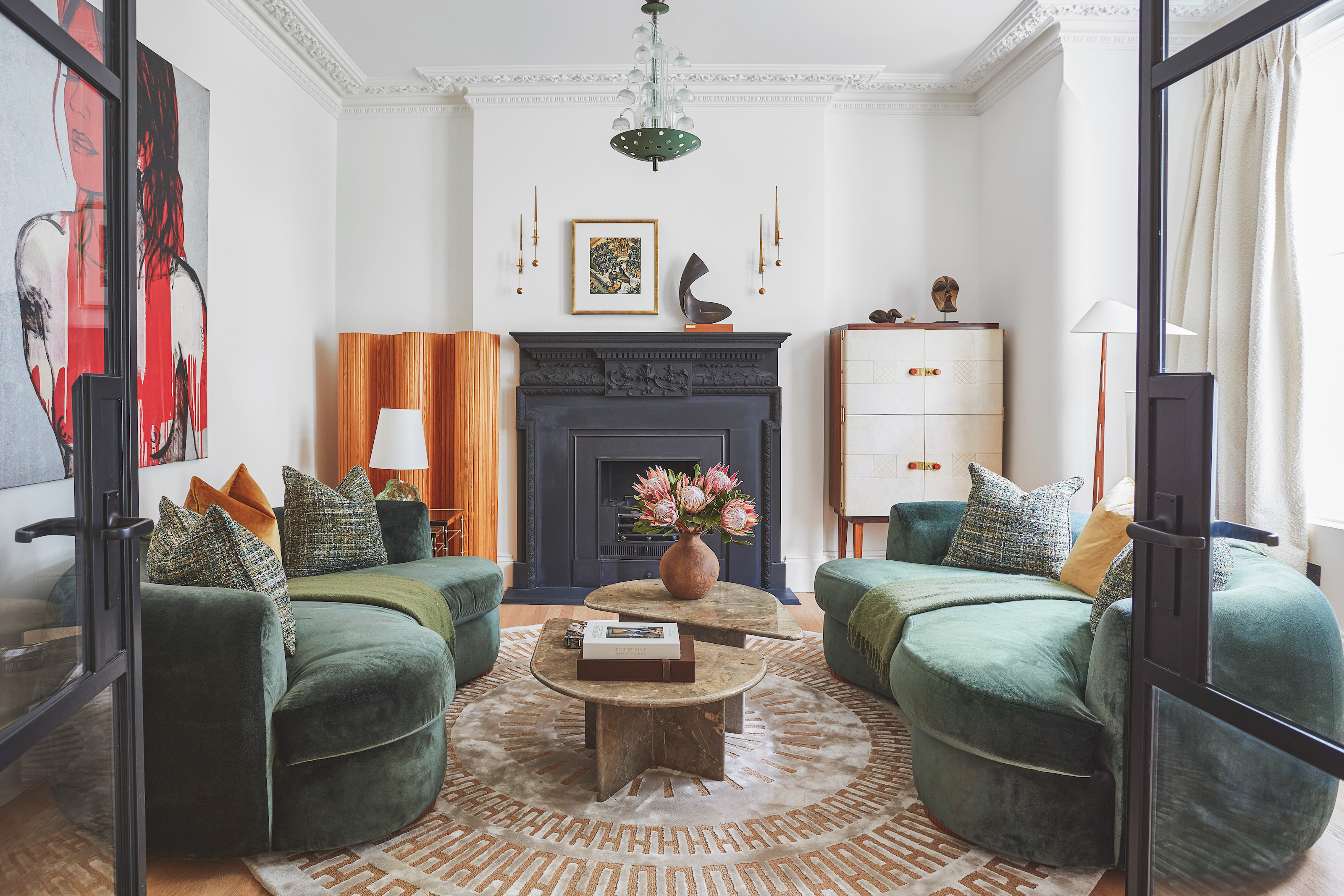 The 'New British' Style? This Victorian London Home Embraces Its Owners' Global Background
The 'New British' Style? This Victorian London Home Embraces Its Owners' Global BackgroundWarm timber details, confident color pops, and an uninterrupted connection to the garden are the hallmarks of this relaxed yet design-forward family home
By Emma J Page
-
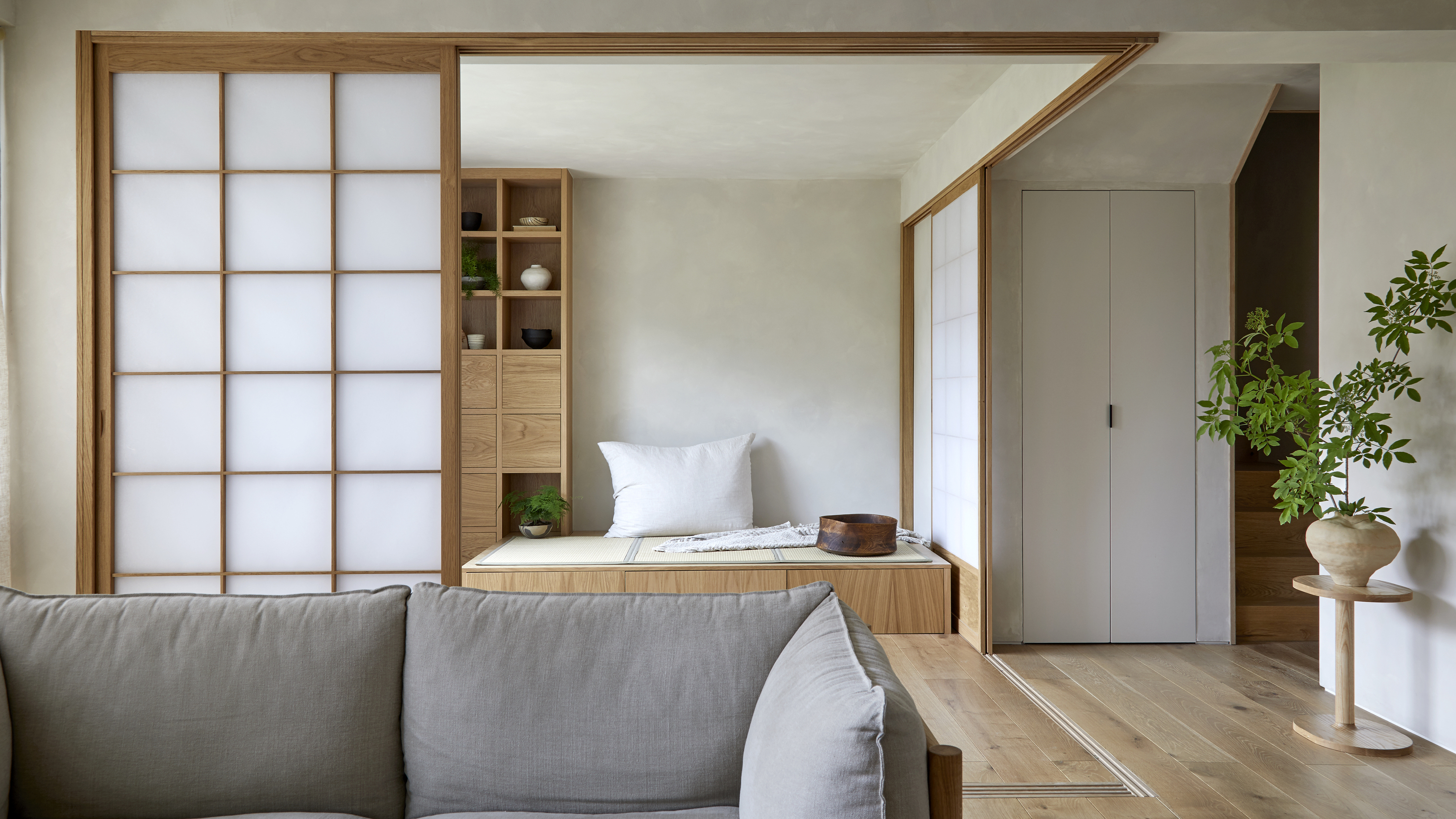 Muji Living Room Ideas — 5 Ways to Harness The Calming Qualities of This Japanese Design Style
Muji Living Room Ideas — 5 Ways to Harness The Calming Qualities of This Japanese Design StyleInspired by Japanese "zen" principles, Muji living rooms are all about cultivating a calming, tranquil space that nourishes the soul
By Lilith Hudson
-
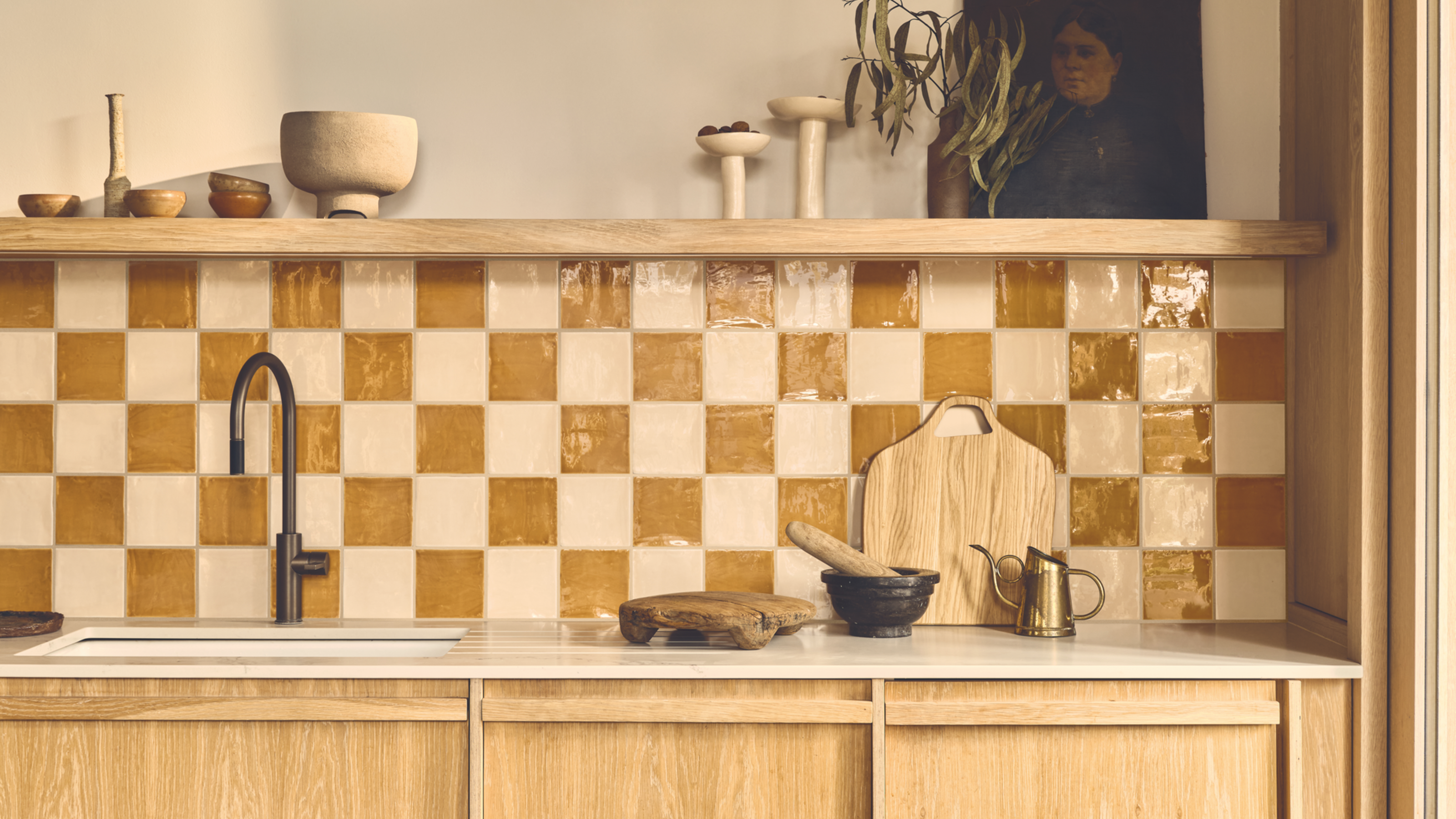 6 Mistakes That Are Making Your Kitchen Tiles Look Cheap and Not Elevated — And What You Can Do Instead
6 Mistakes That Are Making Your Kitchen Tiles Look Cheap and Not Elevated — And What You Can Do InsteadFrom size and grout to color and configuration, here's where you're going wrong with your kitchen tiling
By Lilith Hudson
-
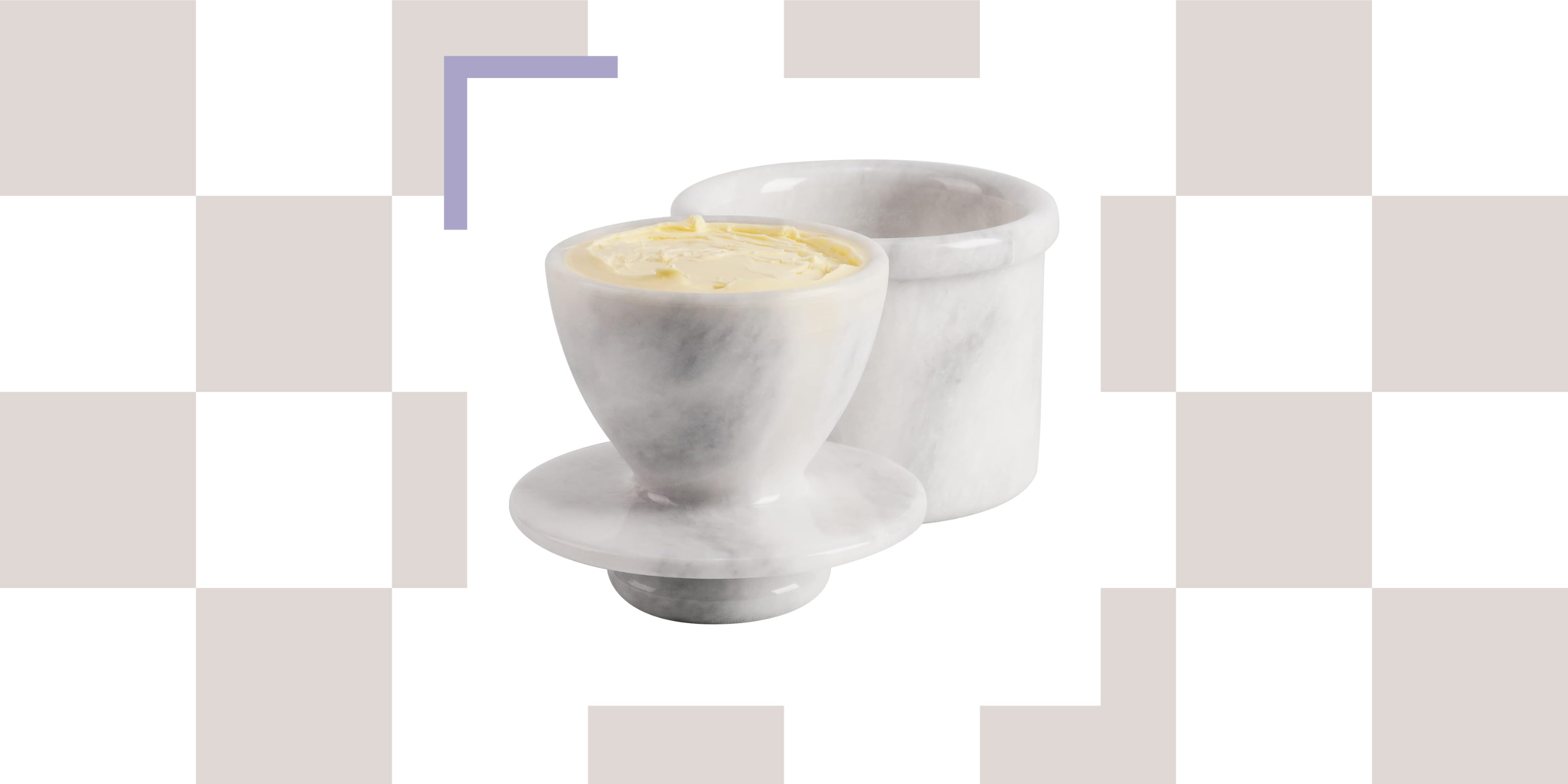 Good Cooks With Even Better Style Are All Putting French Butter Keepers on Their Kitchen Counters — Here's Why
Good Cooks With Even Better Style Are All Putting French Butter Keepers on Their Kitchen Counters — Here's WhyThe French way of storing butter will guarantee soft, spreadable deliciousness at any given moment. I present to you, the butter crock.
By Amiya Baratan
-
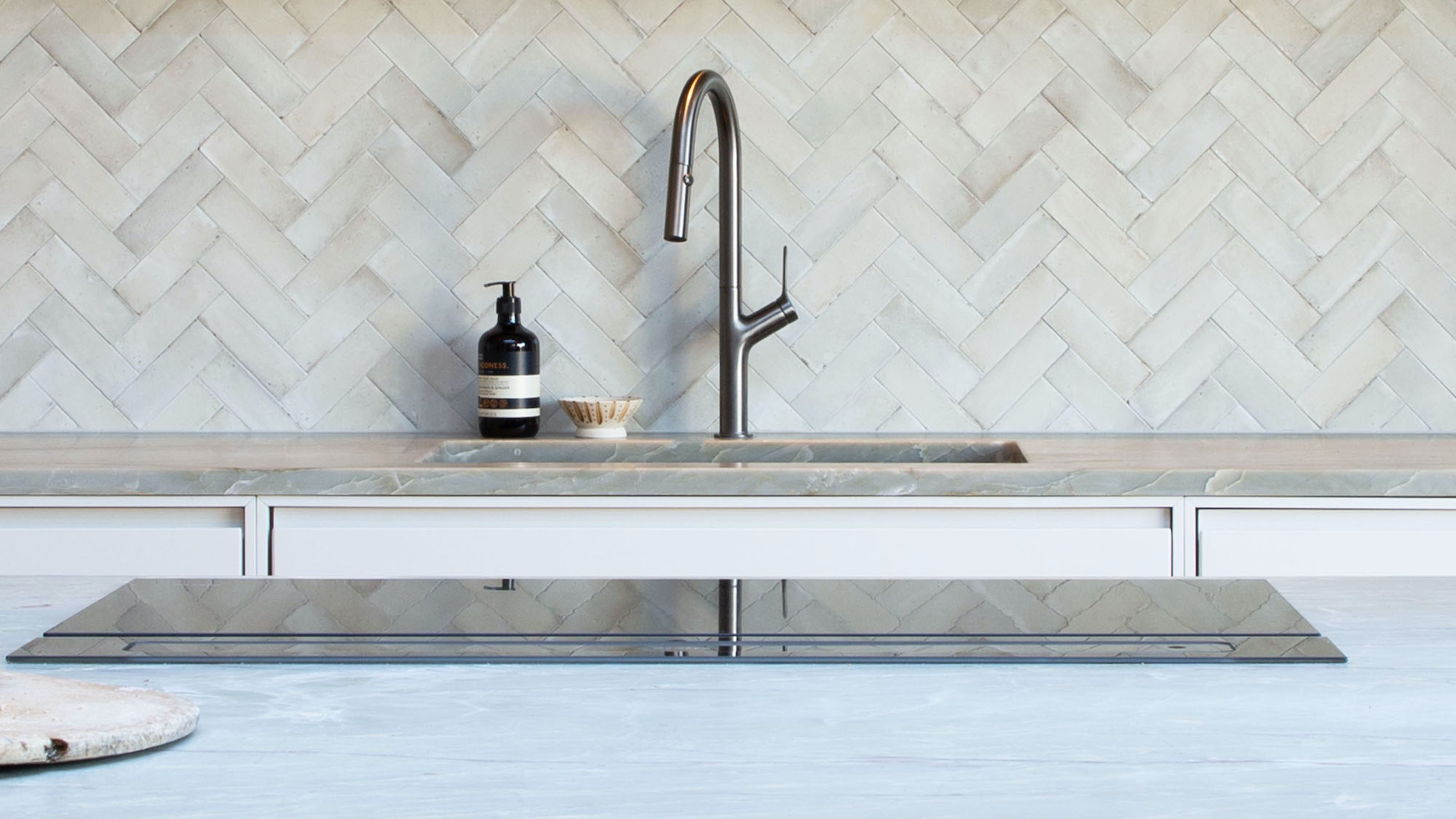 7 Kitchen Tap Mistakes You’re Making That Can Make Your Space Look Outdated — And What to Do Instead
7 Kitchen Tap Mistakes You’re Making That Can Make Your Space Look Outdated — And What to Do InsteadCould it be that your choice of kitchen tap is causing your kitchen to look old-fashioned? Here's what the experts say
By Linda Clayton
-
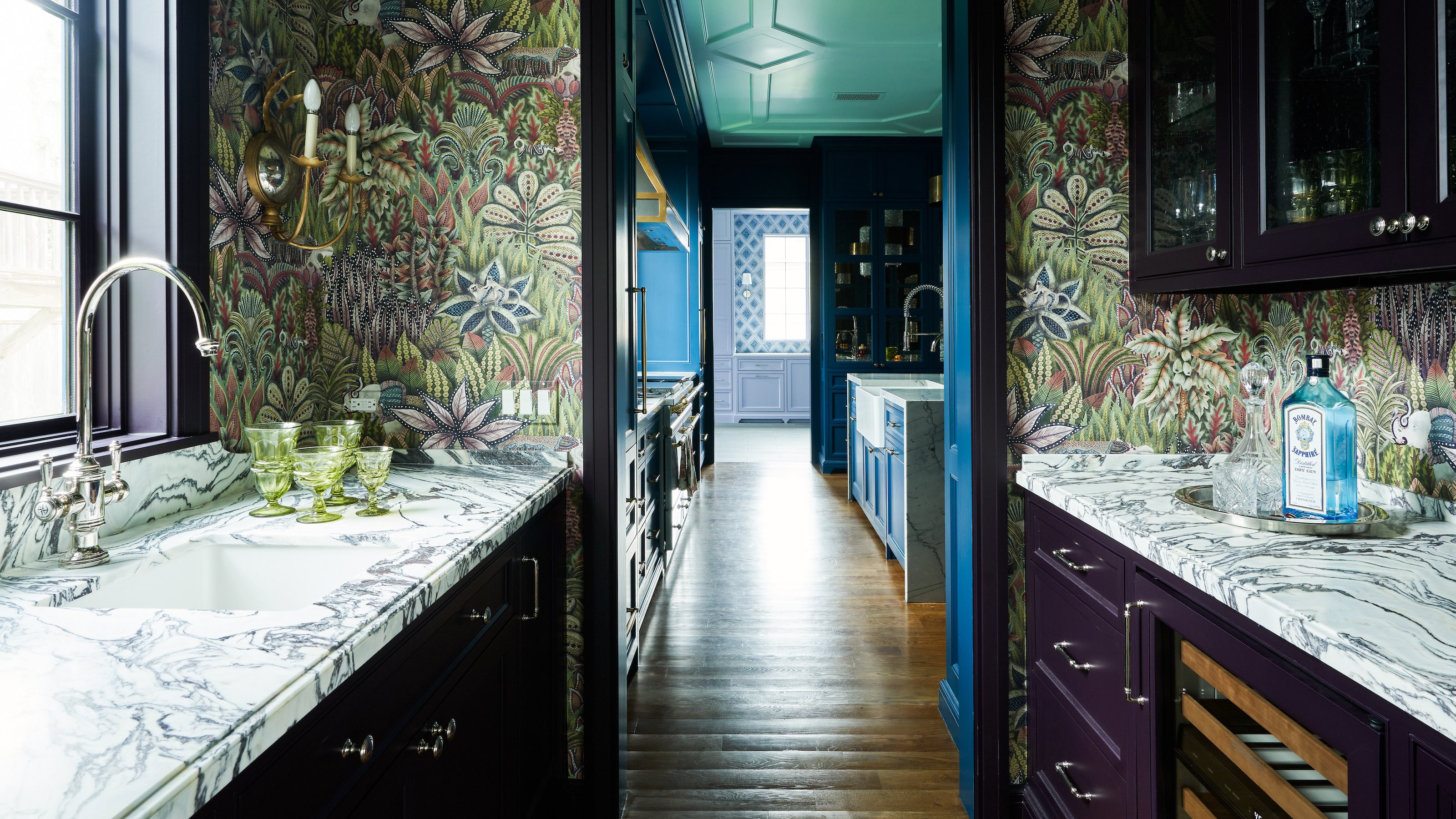 10 Hidden Kitchen Socket Ideas That Disguise Eyesores and Make Backsplashes Look More Minimalist
10 Hidden Kitchen Socket Ideas That Disguise Eyesores and Make Backsplashes Look More MinimalistDiscover innovative ways to hide those ugly outlets and claim a sleek, clutter-free space
By Linda Clayton
-
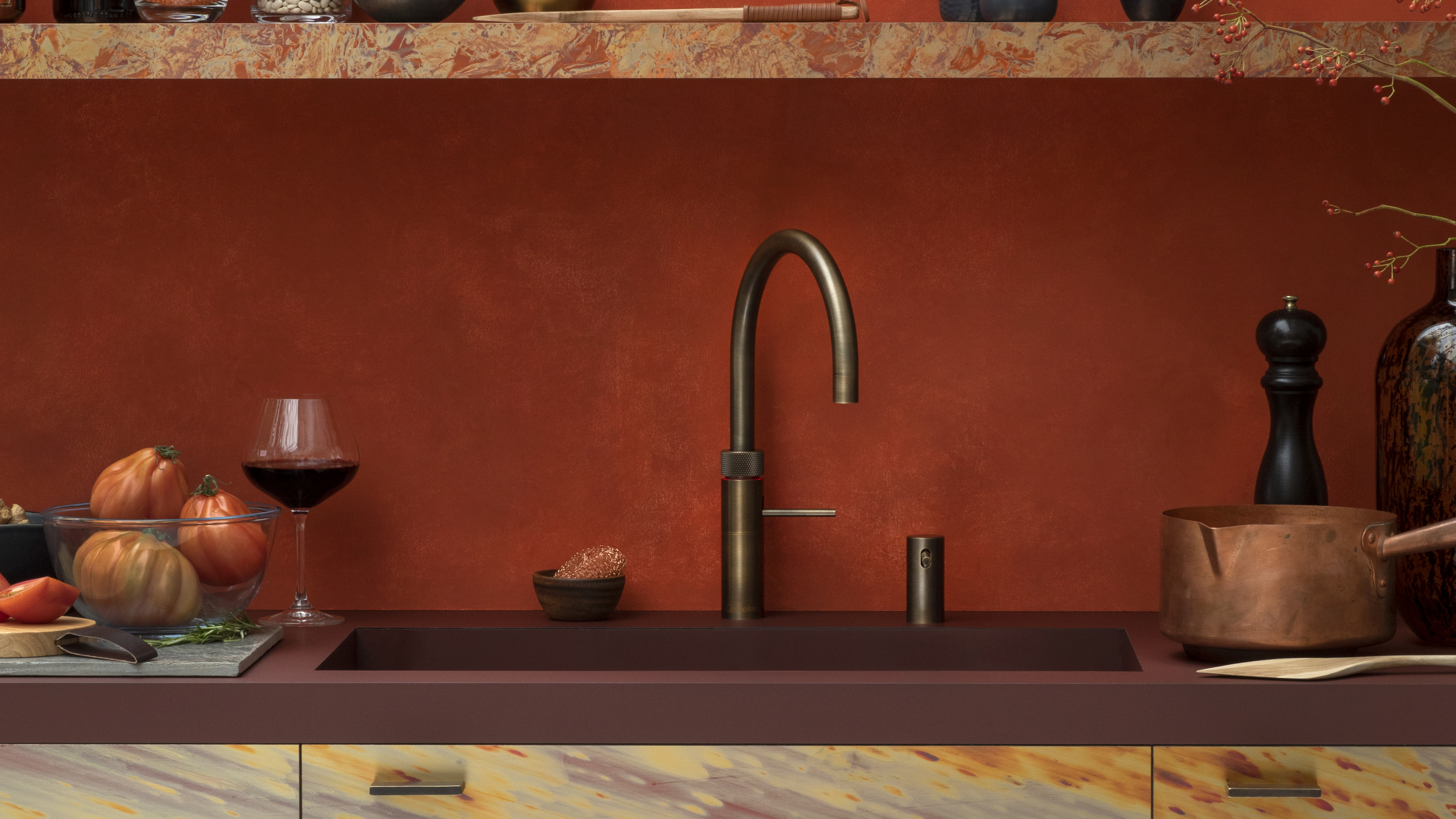 5 Problems With Boiling Water Taps That No One Ever Talks About — And How to Troubleshoot Them
5 Problems With Boiling Water Taps That No One Ever Talks About — And How to Troubleshoot ThemWe got our experts to spill the beans on the truth behind these kitchen staples
By Maya Glantz
-
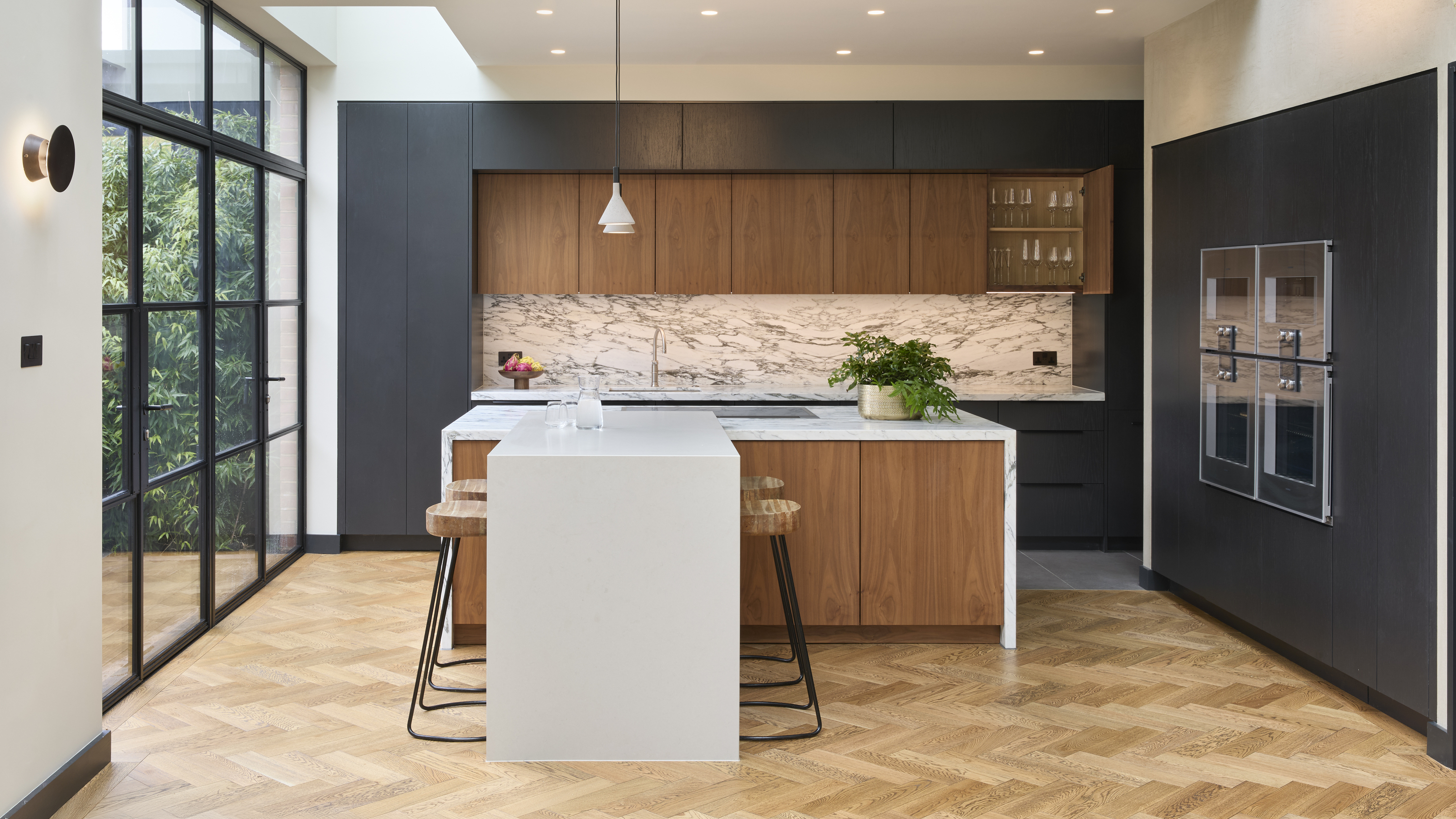 5 Kitchen Layouts That Are Dated in 2025 — Plus the Contemporary Blueprints Designers Are Choosing Instead
5 Kitchen Layouts That Are Dated in 2025 — Plus the Contemporary Blueprints Designers Are Choosing InsteadIf you want to design a kitchen with a coherent floorplan conducive to better flow and functionality, these are the layouts to steer clear of
By Lilith Hudson
-
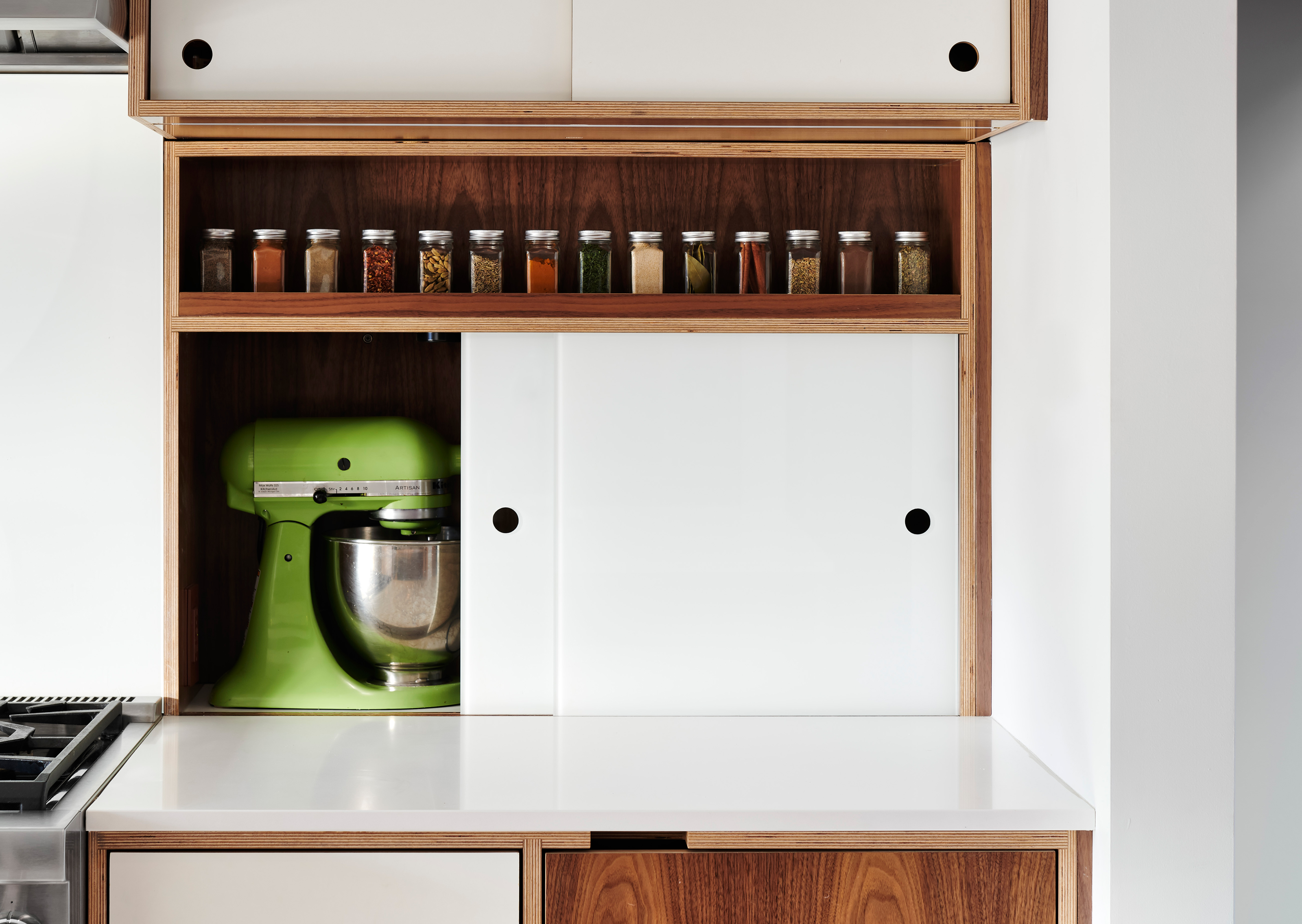 "I Just Bought a Stand Mixer — Where Can I Store It in My Small Kitchen?" 6 Clever Storage Ideas to Consider
"I Just Bought a Stand Mixer — Where Can I Store It in My Small Kitchen?" 6 Clever Storage Ideas to ConsiderLove your stand mixer, but hate not knowing how to store it? We've got the same problem, but these six expert tips have solved our limited storage problems for good.
By Amiya Baratan
-
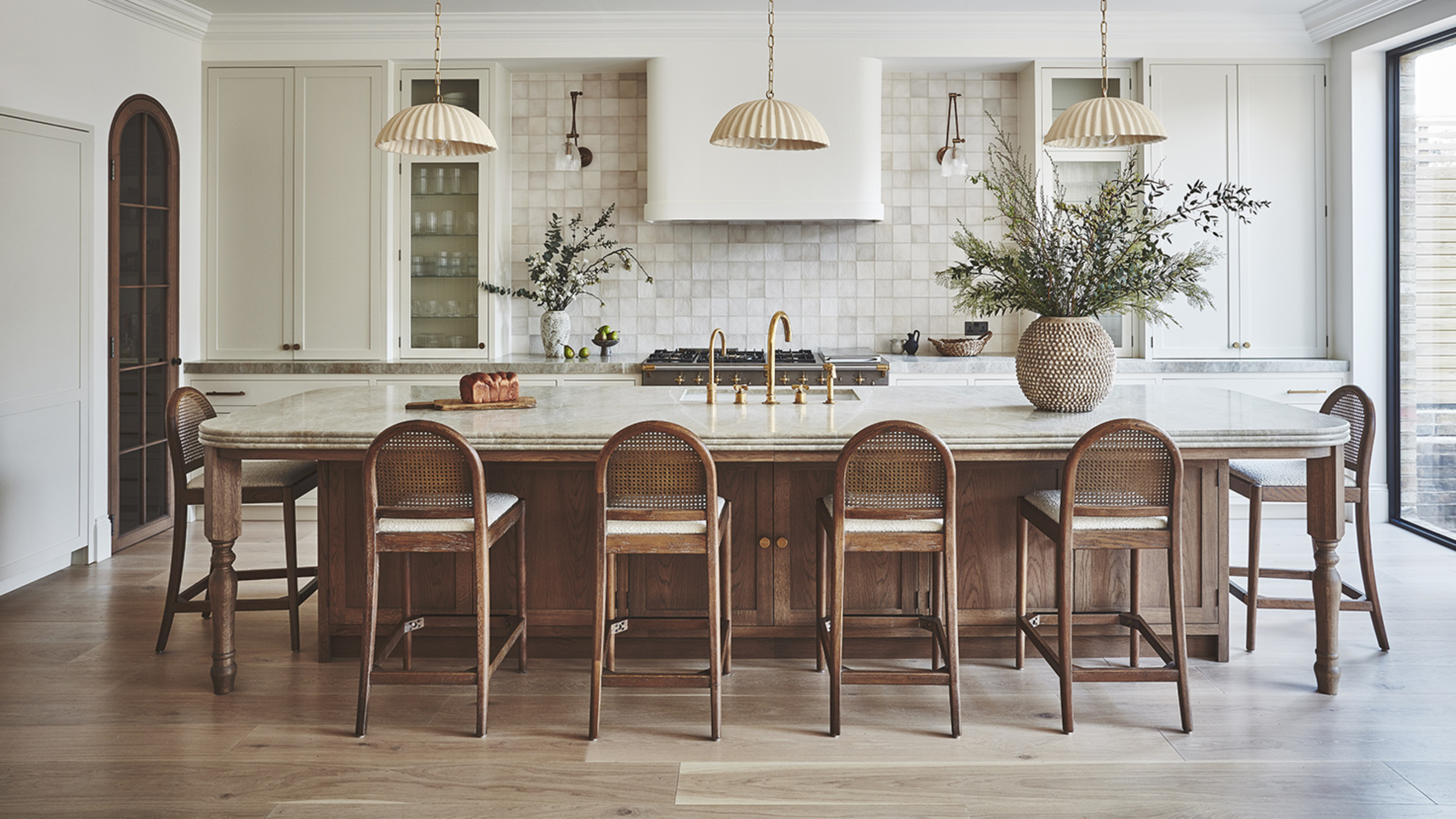 Bar Stools vs Counter Stools — The Difference You Need to Know to Avoid Buying the Wrong One for Your Kitchen
Bar Stools vs Counter Stools — The Difference You Need to Know to Avoid Buying the Wrong One for Your KitchenYou might think they're the same thing, but bar stools and counter stools are subtly different, and knowing how will help you avoid buying the wrong ones
By Maya Glantz






